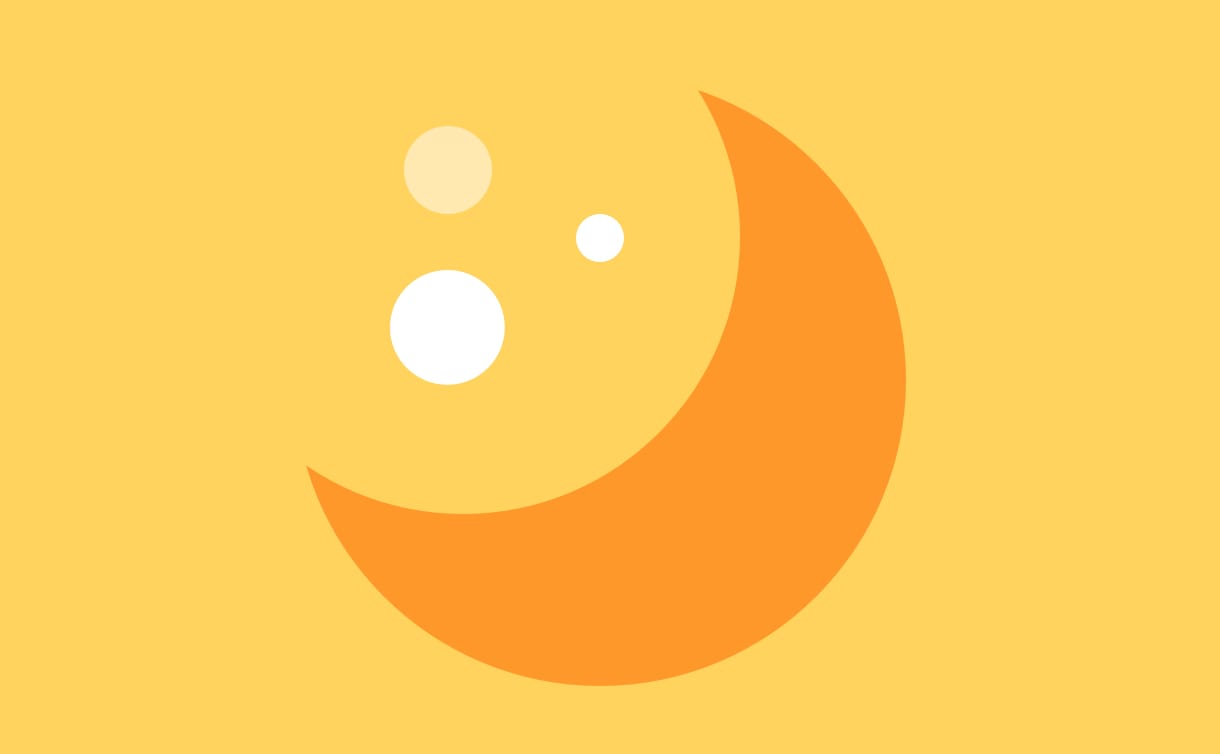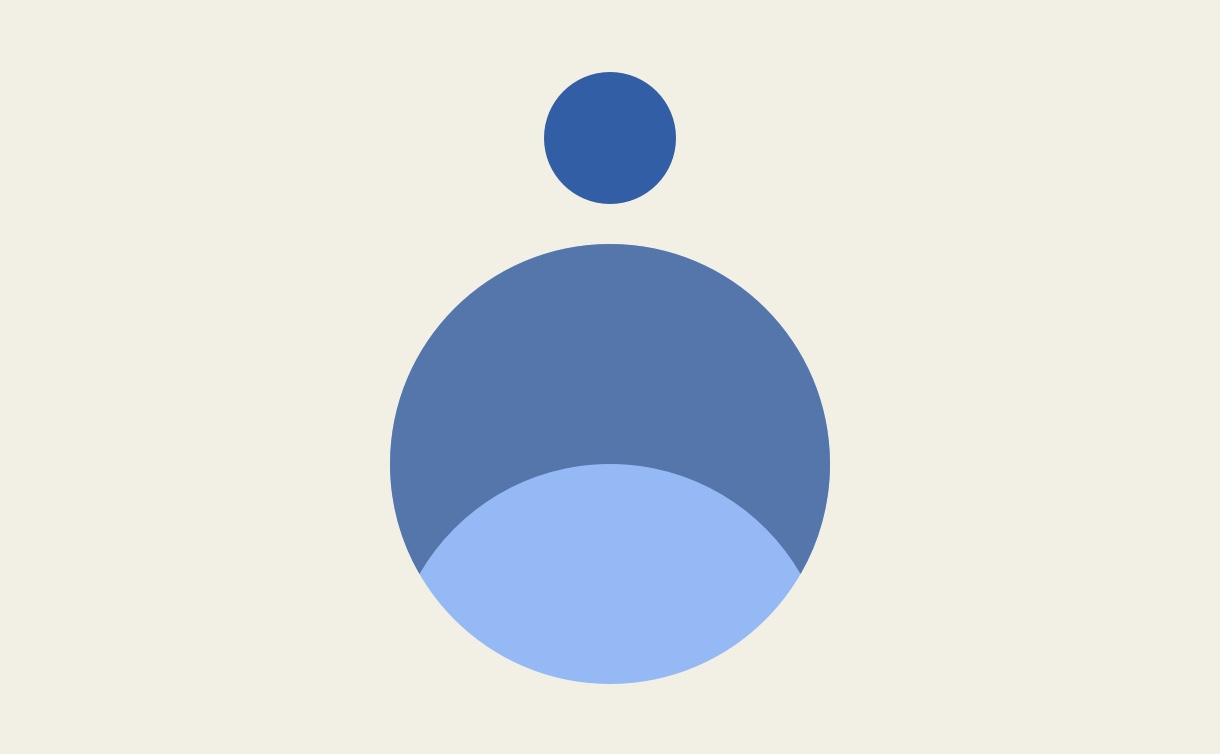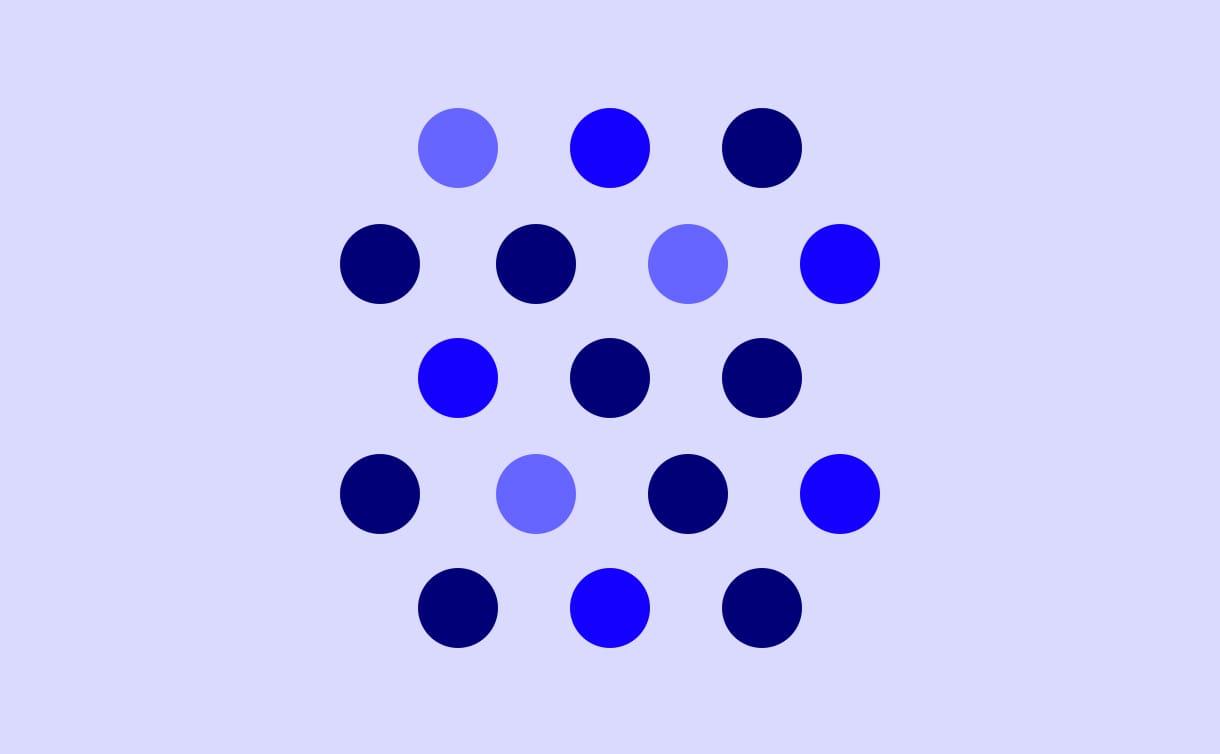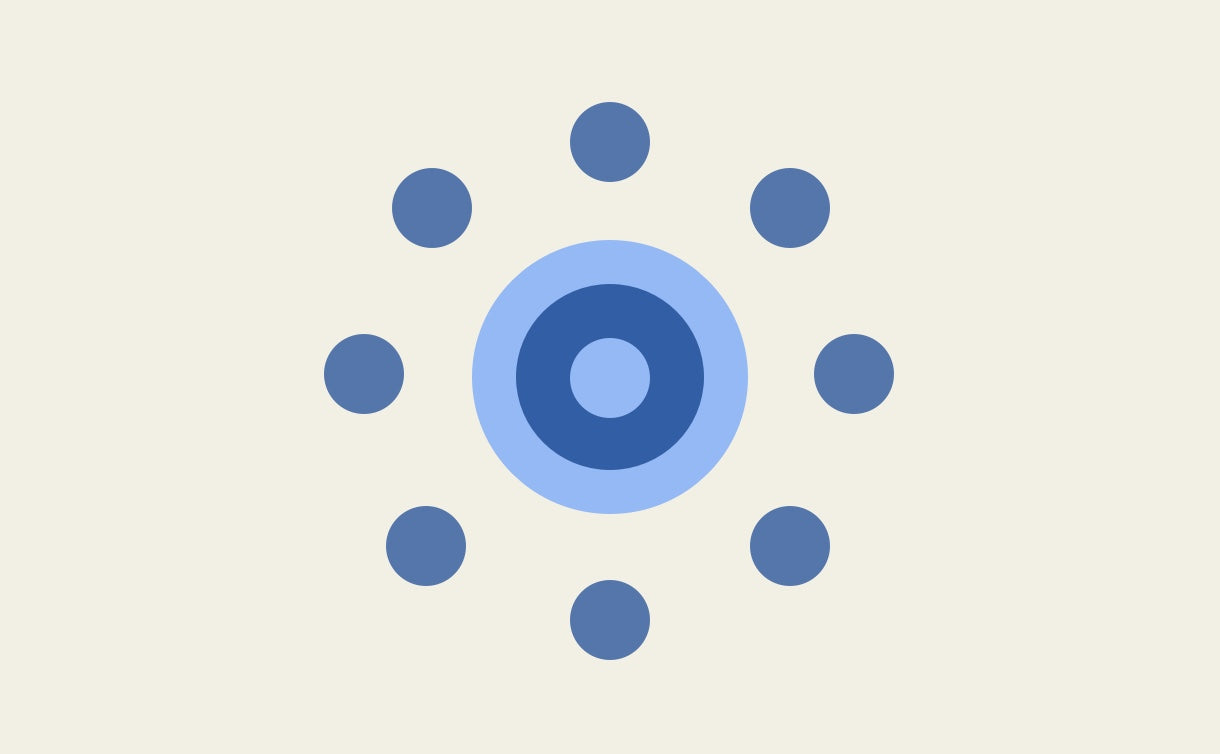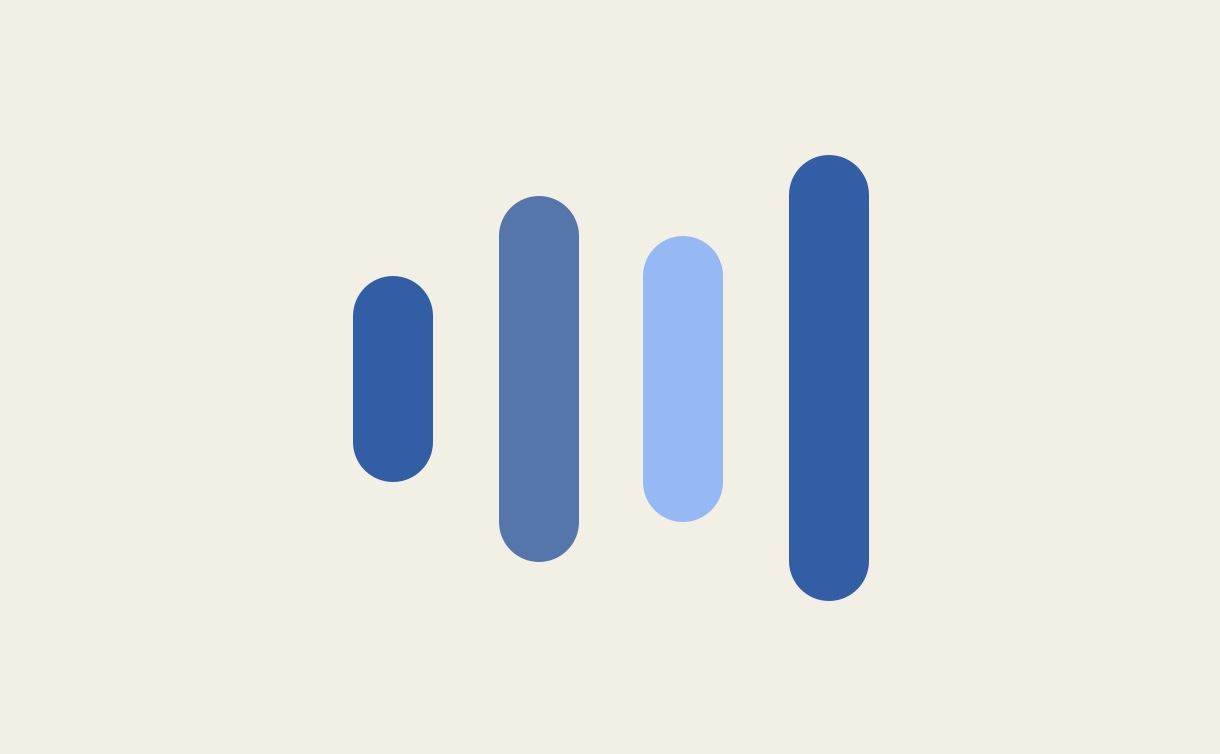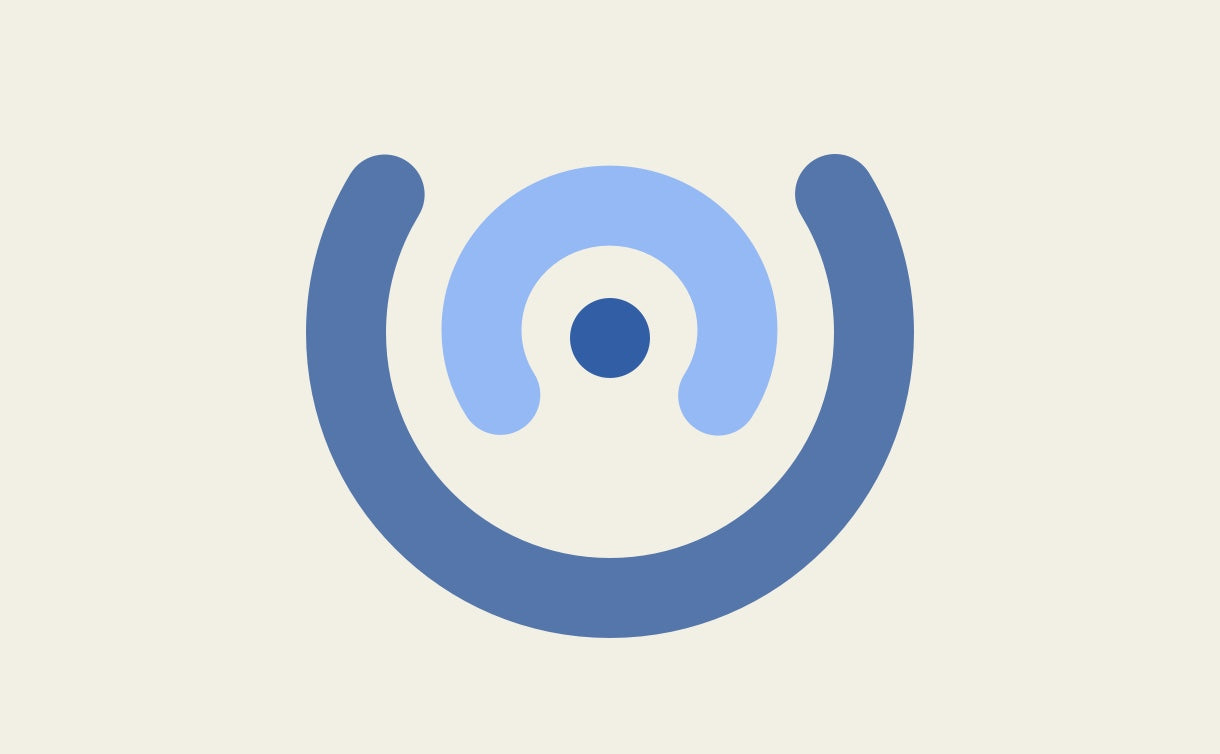
The Heights guide to better sleep
Everything we know about sleep, gathered in one place.

When did you last get a good night’s sleep? One you wake up from feeling totally fresh, and raring to go. Maybe not that recently.
Really good sleep makes you feel amazing. But with the pace, nerves, and constant stimulation of modern life, getting that sleep can feel like a losing battle.
Other than sleeping pills (which, spoiler alert, you shouldn’t take unless instructed by a doctor), there aren’t any quick fixes. But there are plenty of changes, both in how we think and how we act, that we can make to ensure we get our 40 winks.
Why sleep matters
Lots of people think of sleep as the absence of activity. Lost time that could be better spent on something else, or even worse, a sign that you aren’t working hard enough.
Nothing could be further from the truth. When we sleep, we’re allowing our brains and bodies the time to rest, repair, and recharge. Quality sleep makes our waking hours that much more productive.
And it’s not just about being tired. While incessant yawning is one side effect of a lack of sleep, not getting the rest we need impacts our whole bodies. It can affect our productivity, our mental health, nerves, physical health, and in a cruelly ironic way, these effects can make it harder to get to sleep in the first place. You can get into a downwards spiral pretty quickly.
Better sleep
A cursory google will find any number of tips on how to sleep better. But how many of those have substance behind them, and how many are old wives’ tales? For something we spend one-third of our time doing, we knew shockingly little about the facts.
So we caught up with Sophie Bostock, the Sleep Scientist , to find out more about the scientific approach to sleeping better.
How to sleep better according to a sleep scientist.
The best type of sleep
Sleep of any form is good for you, but the aim is to get a decent amount of deep sleep. If you’ve ever slept for nine hours, only to open your eyes and still feel groggy, you’ll know the importance of deep sleep. The scientific term is non-REM sleep, and non-REM sleep is essential for feeling refreshed when you wake up. Here are some ways to make sure that you’re getting the right kind of sleep.
6 tips on how to get more deep sleep for long-term brain care.
How nutrition affects your sleep
Some foods have an obvious effect on our sleep—think a cup of chamomile tea before bed, or tryptophan-rich turkey at Christmas. But the like between nutrition and rest goes deeper than that. The production of melatonin (the sleep hormone) is dependent on getting the right vitamins and minerals in your diet, and modern research suggests that some specific nutrients are particularly important.
6 essential nutrients for better sleep.
The Heights story
Sleep (or a lack of it) is the reason that Heights exists—it’s something we feel quite strongly about. We began as a result of our co-founder, Dan Murray-Serter , struggling with severe sleeplessness for months. Without that, we’d have never have founded Heights.
Know your own mind?
The average brain health score is 51/100. Take our 3-minute quiz to learn how yours measures up and how to boost it.














